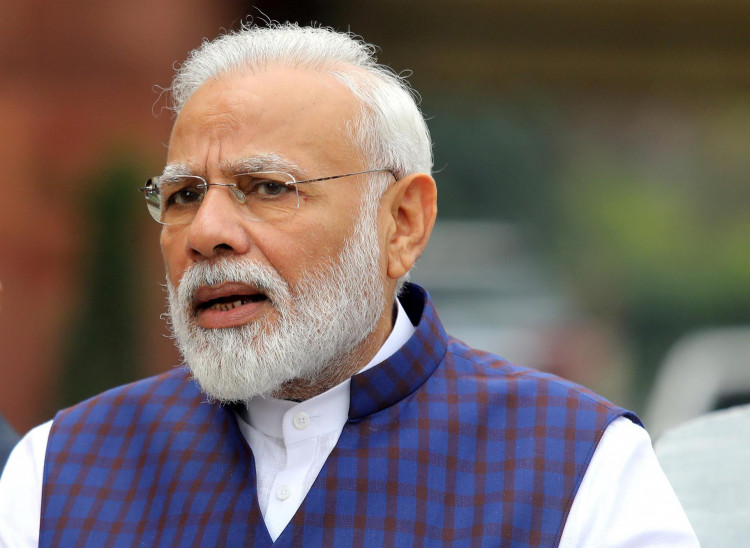Angry farmers in India remained defiant Thursday that they not stop protesting until the government repeals laws they say will destroy their livelihoods.
"We are firm on our stand that we need no amendments - we want these laws to be repealed," Bharatiya Kisan Union president Balbir Singh Rajewal told the Times of India Thursday.
The union is answerable to hundreds of thousands of farmers it has assured it "will not return until the three laws are repealed," Rajewal said.
Farmers have been on strike for the past two weeks. They have paralyzed parts of the country with their demonstrations seeking to overturn three anti-farmer laws.
Police have been unable to contain the demonstrations attended by millions of farmers and agriculture workers. More than 450 farmer's unions and organizations support the nationwide strike launched earlier this week.
Farmers, mainly from Punjab and Haryana, have been camped outside Delhi for more than a week. They won't move until laws are repealed and they receive government assurances of a minimum price for crops.
A seven-hour meeting late last week between farmers and the government ended in failure. The strike, which enjoys popular support, has shut down transport, shops and businesses. Hundreds of thousands of farmers blocked all roads into the capital Delhi and across the country.
Others demonstrated on railway lines and highways.
They say the laws deprive farmers of a guaranteed government price for their produce and a guaranteed customer - the government.
Some 59% of India's 1.27 billion people are farmers or farmworkers. Agriculture accounted for 23% of India's gross domestic product.
The Farmers' Produce Trade and Commerce Bill will allow farmers to deal directly with corporations and private buyers rather than directly with the government as they do now.
It will gradually do away with minimum support pricing - a fixed price paid by the government that ensures farmers of 23 crops against any substantial falls in farm prices.
Farmers assert the law will benefit big corporations.
The Farmers Agreement of Price Assurance and Farm Services Bill will force farmers, corporations and private buyers to negotiate contracts with promised "price assurances" - rather than a regulated price set by the government.
The Essential Commodities Bill seeks the "modernization" of India's food supply chain by cutting stocking and removing commodities like "cereals, pulses, oilseeds, edible oils, onion and potatoes" from the current list of essential commodities.
It also aims to "drive up investment in cold storages" and give farmers the "freedom to produce, hold, move, distribute and supply" their products.
The Modi government passed the laws in September.






